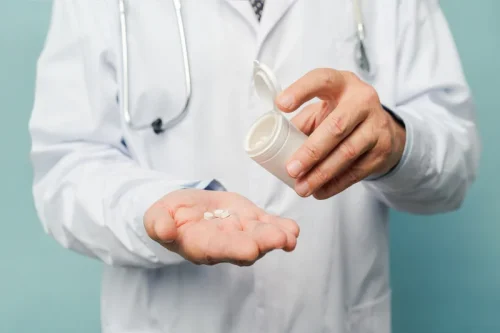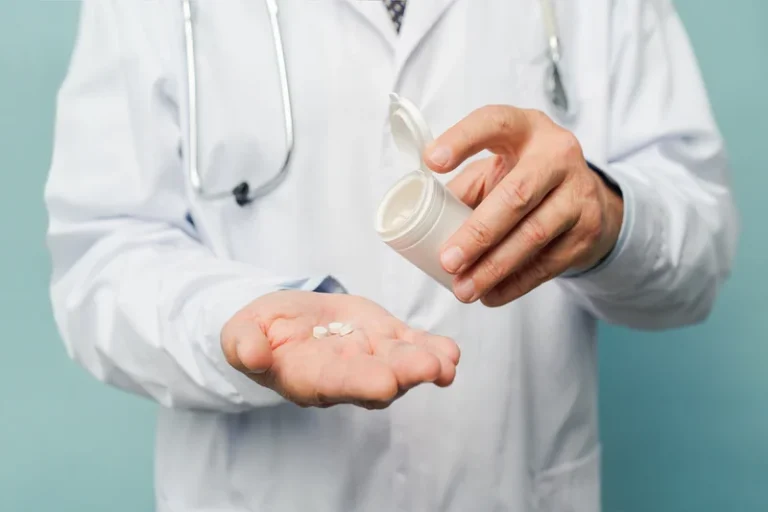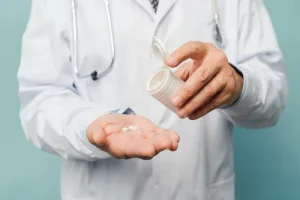
Alcohol affects the central nervous system, slowing down brain activity and interfering with fine motor skills. As the alcohol continues to be metabolized by the body, feelings of relaxation and euphoria may intensify. This is due to the alcohol affecting certain neurotransmitters, such as gamma-aminobutyric acid (GABA), which has a calming effect on the brain. A person will enter the euphoric stage of intoxication after consuming 2 to 3 drinks as a man or 1 to 2 drinks as a woman, in an hour. Older people, people who have little experience drinking, females, and smaller people may have a lower tolerance to alcohol than others. Taking drugs before drinking and/or not eating can also increase the effects of alcohol on the body.

Effects of Alcohol Consumption

It’s important to recognize how alcohol affects you individually. Factors such as body weight, metabolism, and alcohol tolerance can influence how https://ecosoberhouse.com/ alcohol is processed in your body. It’s crucial to be aware of your own limits and to avoid exceeding them. The rate at which alcohol is consumed can significantly impact intoxication levels.
Enroll in Alcohol Addiction Treatment at Ashwood Recovery
- Being drunk is a spectrum, ranging from feeling tipsy and sociable to experiencing severe physical and mental impairment.
- If you or someone you know is struggling with alcohol consumption, seeking help and support is crucial.
- In this section, we will explore the initial effects of alcohol and the subsequent feelings of relaxation and euphoria.
- You don’t care if your friend loses his job or if your sister never sees her children again, you’re ordering more shots.
- At this point, their movements may become erratic or nearly nonexistent as they struggle to move or communicate.
- And so, the transition is rough, causing you to feel as though you’re drunk.
At the extreme end of intoxication, you might experience a blackout, which occurs when alcohol prevents the brain from forming new memories. A person in a blackout may still appear to be functioning—talking, walking, or even interacting with others—but they won’t remember any of it the next day. At this point, alcohol is impairing both your mental and physical abilities. It’s essential to recognize that, despite feeling in control, your ability to make sound judgments is greatly reduced. However, as you continue to drink, these effects intensify and can lead to more dangerous outcomes.
Impact on Liver and Overall Health
This is when slurred speech, clumsiness, and difficulty concentrating become more apparent, signaling that the person is in a state of intoxication. Despite feeling in control, subtle impairments to judgment and reaction times begin at the tipsy stage. While the person may feel more at ease and sociable, their ability to make decisions or accurately assess their level of intoxication may be affected. Being tipsy is the first stage of alcohol intoxication, typically occurring after one or two drinks, depending on factors like body weight and tolerance.

What Does It Feel Like to Be Drunk? Levels of Being Drunk
Alcohol lowers your inhibitions, which is why you might do things while drunk that you wouldn’t do sober. You might say things you wouldn’t normally say, take risks, or behave in ways that surprise you later. Drinking doesn’t just affect your body—it has profound impacts on your brain and what is alcoholism emotions as well. As your body tries to process and expel excessive amounts of alcohol, nausea and vomiting may occur.
If you’re planning on drinking, it’s essential to understand how long alcohol will stay in your system to avoid risky behaviors like driving under the influence. When you drink alcohol, your body metabolizes it through your liver, but the effects start long before your liver has finished processing it. Alcohol enters your bloodstream within minutes of i like being drunk your first sip, affecting your brain and body almost immediately.

During this stage, individuals may experience a heightened sense of happiness, reduced anxiety, and increased sociability. Conversation may flow more easily, inhibitions may further decrease, and individuals may feel a sense of confidence and well-being. A person is sober or low-level intoxicated if they have consumed one or fewer alcoholic drinks per hour. As alcohol consumption continues, individuals may develop a tolerance to its effects and may require increasing amounts of alcohol to achieve the same emotional state.